Skype: neodalle-travel
Tel: +86 135 7447 2266
E-mail: sales@visitaroundchina.com
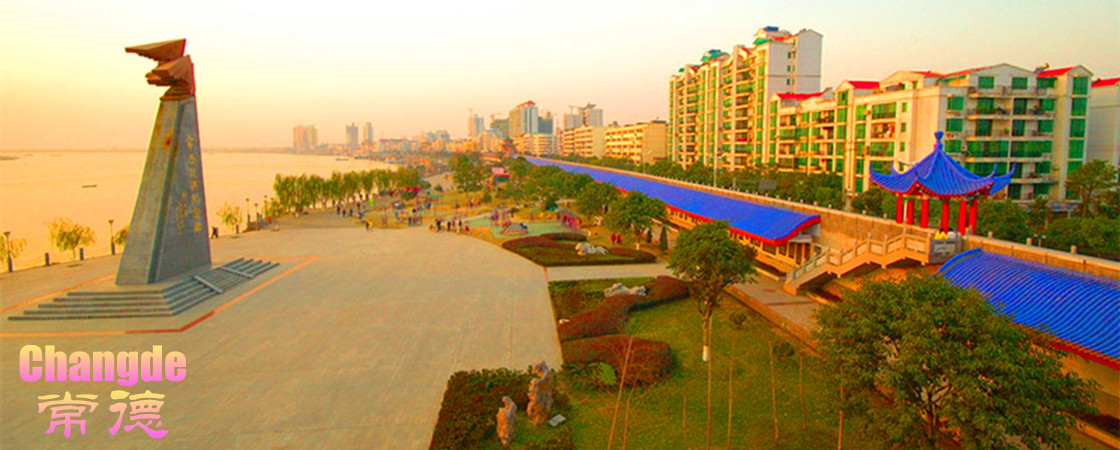
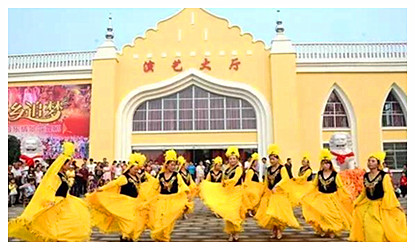 Fengshu, a township of Taoyuan County. is home of Uygurs and Hui Ethnic minorities. The 32,000 people of Fengshu township are just 30 minutes by bus from downtown Changde, the nearest large city. A total of 12,000 of the town's residents are from ethnic minorities, including 7,800 Uyghurs and 2,300 members of the Hui people. As the second largest home for Uyghurs (outside of Xinjiang) it has earned the county a reputation and support from upper-level governments.
Fengshu, a township of Taoyuan County. is home of Uygurs and Hui Ethnic minorities. The 32,000 people of Fengshu township are just 30 minutes by bus from downtown Changde, the nearest large city. A total of 12,000 of the town's residents are from ethnic minorities, including 7,800 Uyghurs and 2,300 members of the Hui people. As the second largest home for Uyghurs (outside of Xinjiang) it has earned the county a reputation and support from upper-level governments.What to see
The Huiwei Village is about 20 km away from downtown Changde.In 2015, it was listed as the top 100 ethnic villages of China. In recent years, it has attracted many visitors from home and abroad.
In Fengshu, a large campaign to reinforce Uyghur traditions is under way. Aimed at attracting tourists, boosting the local economy and retaining ethnic diversity, the campaign is well-received among most locals, but doubts remain.In Fengshu, there are thousands of Uyghurs whose ancestors moved from eastern Xinjiang more than 600 years ago. After centuries of adaptation to local agricultural culture and assimilation to Han customs, many of their distinct ethnic features have vanished. They don't wear Uyghur clothes or speak the Uyghur language. Some even no longer practice Islam.
Nevertheless, you can still distinguish them from Han through facial features like sunken eyes and a high nose ridge. Some old and middle-aged men wear doppa hats, a square or round cap, the most visible symbol by which many in the town show their identity.In order to draw the township's people back to Islamic customs and revive Uyghur culture, the local government has gone to great lengths, including funding the expansion of mosques, renovation of traditional dwellings, and Uyghur language teaching.
Jian Bozan Former Residence
Jian Bozan (1898-1968) was a Chinese scholar and Marxist historian of Uyghurs descent. Born in Fengshu Township of Taoyuan County, Hunan province,Jian Bozan traces his ancestry to the present-day Xinjiang region of China. He was a direct descendant of a Uyghur General (哈勒巴士) who served the Emperor of the Ming Dynasty in quelling a Miao Rebellion in southeastern China. The Emperor rewarded his family with the surname "Jian" (翦), and married him to his god-daughter, the Duyi Princess. Jian Family then settled in Taoyuan County for generations. They gradually integrated into Han Chinese culture over years. "Jian" (翦) is very unusual surname in China.
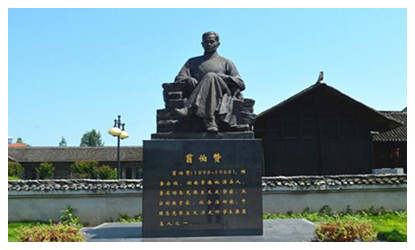
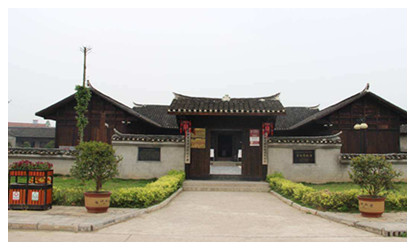
Jian Bozan became an early supporter of the Communist Party of China. From 1952 to his death, he was Vice President of Peking University. Like many authoritative academic figures of his generation, he was persecuted during the Cultural Revolution over a perceived divergence between his own ideas and that of dominant Maoist orthodoxy of the time. Unable to bear torture, Jian committed suicide in 1968.
The Sea of Flowers/ The national unity park
In Fengshu Town, there are thousands of Uyghurs whose ancestors moved from eastern Xinjiang more than 600 years ago. Entering the village, you will be attracted by the beautiful land with flowers.In 2012, it has started a large program to build a "national unity" park in Fengshu with a planned investment of 480 million yuan ($77.3 million), including building a flower and folk culture garden, expanding the township's mosque, remodeling houses in a traditional Uyghur style, and renovating the residence of Jian Bozan (1898 - 1968), a prominent Chinese Marxist historian. The park attracted 400,000 tourists during last October's holiday travel period.
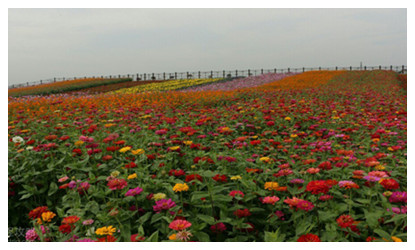
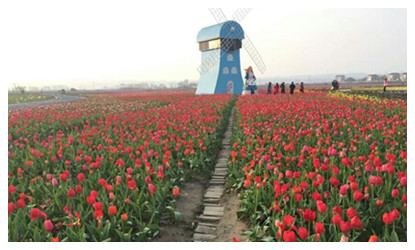
Jian's Mosque & Jian's Monument
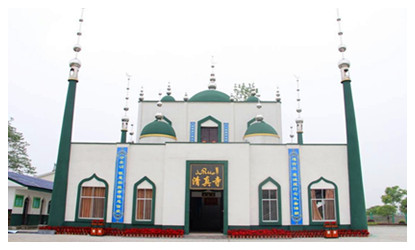
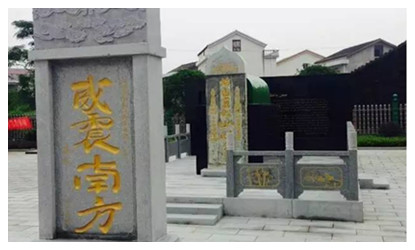
Travel Tips
Add: Huiwei Village, Fengshu Township, Taoyuan County, Hunan Province.
Tel: 0736-6603006
Opening Hours: 08:00-18:00
Entrance Fee: CNY80
Visiting Hours: 2-3 hours
 Ask Questions ?
Ask Questions ?